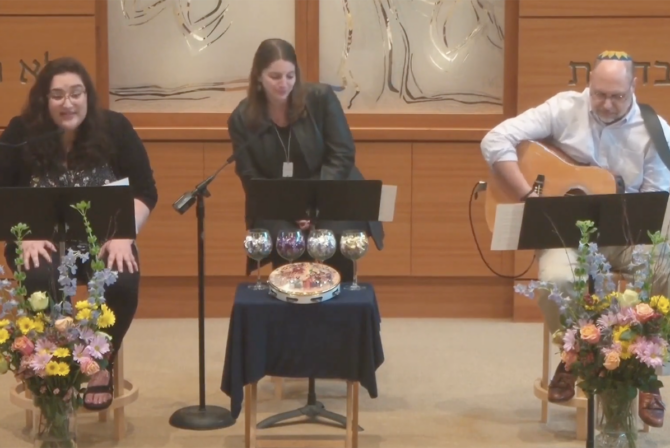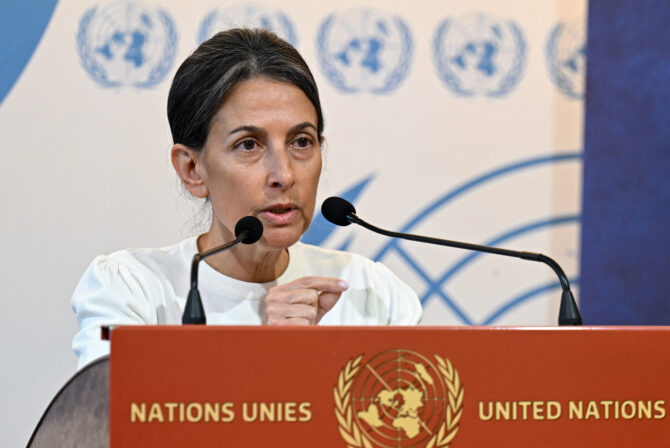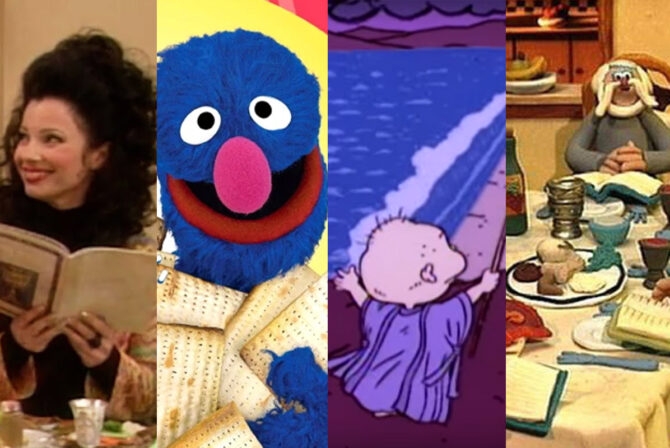Last week, my husband and I met with public school administrators to discuss an appropriate kindergarten placement for my son. I was asked the question I dread the most: “What is his diagnosis?”
It was Christmas week in 2013 when a psychiatrist diagnosed my then 3-year-old son as “probably” having Asperger’s Syndrome. Since the latest version of the Diagnostic and Statistical Manuel (DSM-V)–the tool clinicians use to diagnose developmental disorders–no longer recognizes Asperger’s, we were told he might be on the autism spectrum. When my husband and I rehashed this conversation later, we realized that he heard “probably” whereas I heard “possibly.”
There are approximately a million miles between those two words.
The doctor suggested that, given my son’s young age and cognitive skills, he could learn how to act appropriately. He might, in a sense, teach himself how to be “neurotypical.”
READ: A Note to Autism Families: It Gets Better
“He will be fine,” I interjected. The doctor responded, “There is nothing wrong with being optimistic.”
But this was not optimism. I knew this did not define my son. He would be more than the limits of a personality profile.
But this also did not describe my son. Yes, he does sometimes exhibit, according to the DSM-V, “qualitative impairment in social interaction.” But he is also funny and affectionate. He could not take an IQ test because he would make a joke of it. When the examiner asked him how many legs a chicken has, he responded “20!” and then laughed hysterically. He adores his older cousins, blissfully sitting quietly when they read to him. He asks for hugs. When the cat cries out after I trip over her, he says to her, “It’s OK. Don’t be sad.”
READ: Navigating Meltdowns When Your Child Has Autism
Still, my husband and I continued to disagree about how to deal with this information. I insisted he no longer use the word “neurotypical.” I told him to stop reading books on the subject, to stop diagnosing our son. “You can’t diagnose his personality,” I exclaimed. But of course you can. The DSM-V says so.
I also suggested to my husband that we do not pursue a firmer diagnosis. I told him I will look for a higher-paying job so we can afford to send our son to a private school with small classes. I insisted we can teach him how to relate to his peers.
“I am not in denial,” I emphasize before he can say it: “This is me doing what is best for him.”
I would, of course, dedicate my life to my son no matter what. But it felt like pursuing this diagnosis was over-treating him. It was a full-arm cast for a paper cut. And I didn’t even want to cure him. He was not ill. I just wanted to give him the tools to help him negotiate a world that was not built for a child who can read before he can play.
READ: The Unexpected Way My Daughter With Autism Embraced Her Jewish Identity
A friend suggested we seek a second opinion. The new doctor and my son had an immediate bond. The doctor speaks of what he calls “extreme self-direction.” He remarks, “This will be an excellent tool for your son when he gets to graduate school. But preschool is going to be a real struggle for him.”
“Look,” he said, “Your son might line up toy cars or turn his back to the teacher and do all these things that help clinicians check the marks on the questionnaire. But kids on the spectrum do not relate to people the way he does.”
He was not being optimistic: “You have challenges,” he summed up with a smirk. “But you don’t have those challenges.”
READ: As My Son Turns 18, Looking Back On a Life With Autism
In the subsequent weeks, I asked myself if I had subconsciously searched for a doctor who would agree with me. I worried when I read that, for some children, the most convincing behaviors do not emerge until later. Then one weekend I took my son to occupational therapy. He followed directions well until he spied an older boy playing with a puzzle. “I want the puzzle!” he said, “I want to play with the puzzle.” He would not be satisfied with any other suggestion so the therapist agreed. He asked the boy if he could have the puzzle. This boy doesn’t smile. He doesn’t engage. There is no joy in his play. There is no joy.
My son gleefully took the puzzle and talked excitedly about it: “Look! Mom! There is an ambulance AND a police car!” I looked at the other boy’s father. He made eye contact but he did not smile or nod. We were not on the same team. We were not even playing the same game. And I wondered if insisting that we were, as the DSM-V and some medical professionals do, served the needs of either boy.
But without a diagnosis, it is difficult to get the right public-school placement. So at the kindergarten meeting, I tried to explain that the diagnosis is unclear: my child is unique in both his attributes and his challenges. Then, one of the specialists chimed in before I could finish, “Well, it does not matter what his diagnosis is. We still need to get him what he needs.”
I breathed my biggest sigh of relief since Christmas 2013. And I vowed to stop attempting to diagnose problems and, instead, focus on solutions.







